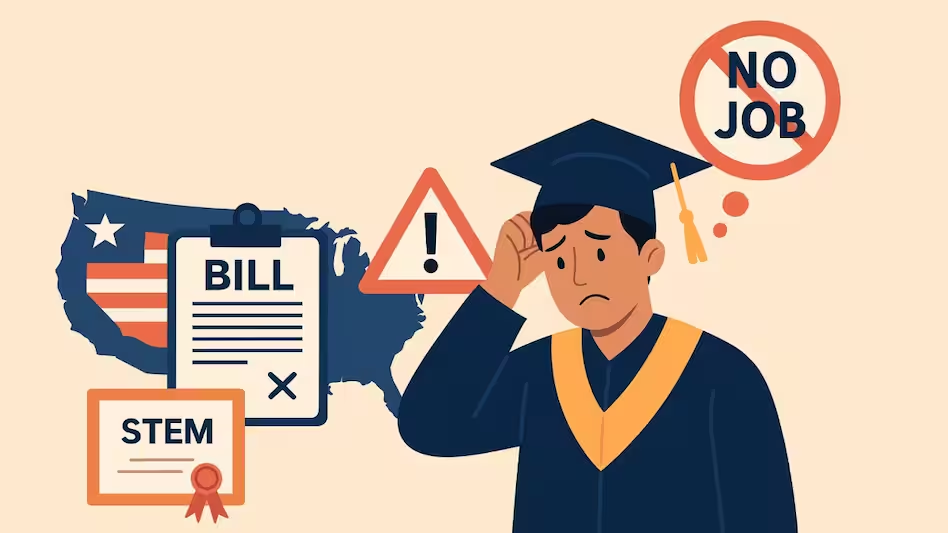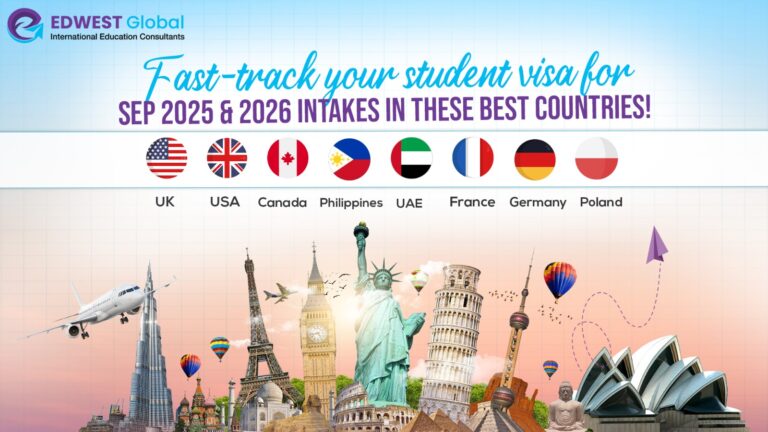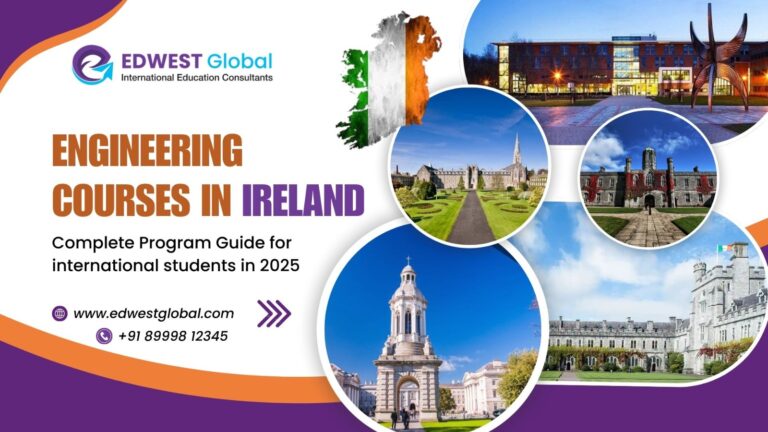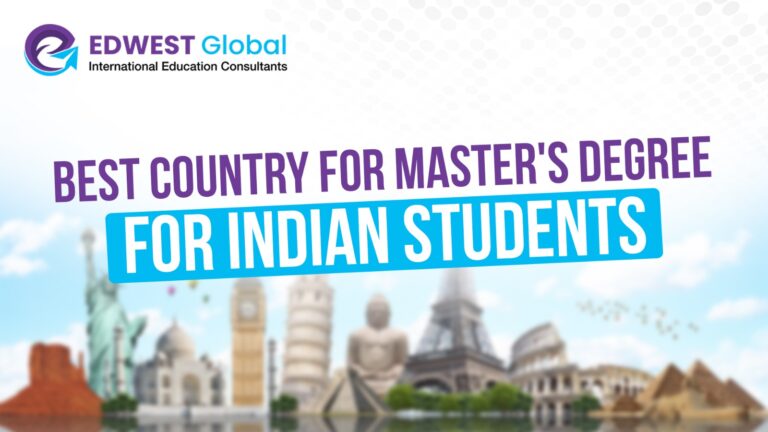Proposed US Bill Could End OPT Program – Impact on Indian Students
The recent introduction of the “Fairness for High-Skilled Americans Act” in the U.S. Congress has triggered widespread panic among international students, particularly Indian students pursuing STEM courses. The bill proposes eliminating the Optional Practical Training (OPT) program, a vital work authorization initiative that allows foreign students to gain professional experience in the United States for up to three years after graduation. This development has raised concerns about its potential impact on career aspirations, financial stability, and the future of U.S.-India educational ties.
What is OPT and Why Does It Matter?
The OPT program enables international students on F-1 visas to work temporarily in the U.S., primarily in STEM fields. Introduced in 1992, it has evolved into a critical stepping stone for transitioning to H-1B visas, which allow longer-term employment. For many Indian students, OPT is more than just a work permit; it represents an opportunity to gain industry exposure, repay student loans, and secure a foothold in the global job market.
Key Benefits of OPT
- Career Advancement: Provides hands-on experience in cutting-edge industries like AI, data science, and renewable energy.
- Financial Stability: Offers U.S.-level salaries that help repay substantial educational loans.
- Pathway to H-1B Visas: Serves as a bridge to long-term employment opportunities.
Proposed Changes Under the Bill
The bill introduced by Representative Paul Gosar seeks to terminate OPT entirely, citing concerns that it undermines American workers by incentivizing employers to hire foreign graduates over domestic talent. Key aspects of the proposed legislation include:
- Elimination of OPT Duration: Students would no longer be able to stay and work post-graduation under this program.
- Impact on STEM Graduates: Particularly affects those relying on the extended three-year work period.
- H-1B Visa Dependency: International graduates would need immediate sponsorship for H-1B visas, which are subject to annual caps and lottery systems.
Impact on Indian Students
With over 300,000 Indian students currently enrolled in U.S. institutions—97,556 of whom are participating in OPT—the bill could have far-reaching consequences:
1. Career Disruption
Without OPT, students may be forced to leave the U.S. immediately after graduation unless they secure an H-1B visa. This abrupt departure could derail career plans and limit access to high-paying jobs.
2. Financial Strain
Many Indian students depend on OPT earnings to repay hefty educational loans. Losing this income source could result in financial instability.
3. Decline in University Enrollments
International students contribute billions annually to the U.S. economy through tuition fees and living expenses. A decline in enrollments due to uncertainty around work opportunities could hurt universities financially.
4. Shift to Alternative Destinations
Countries like Canada and Germany may become more attractive for Indian students due to their stable post-study work policies.
Economic Ripple Effect
Beyond individual impacts, the termination of OPT could have broader implications:
- Tech Industry Slowdown: U.S. tech firms rely heavily on international talent for innovation.
- Community Impact: Reduced spending by international students could harm local economies dependent on their contributions.
What’s Next?
While similar legislative attempts have failed in the past, this bill reflects growing scrutiny of immigration policies under recent administrations. It must pass both chambers of Congress and receive presidential approval before becoming law. Educational institutions and advocacy groups are expected to lobby against its enactment.
Conclusion
The proposed elimination of OPT has created significant uncertainty for Indian students in the U.S., many of whom are now scrambling to secure H-1B sponsorships or exploring alternative destinations for study and work. As this debate unfolds, it underscores the need for balanced policies that protect domestic workers while fostering global talent exchange.
Frequently Asked Questions (FAQs)
1. What is the OPT program in the U.S.?
The Optional Practical Training (OPT) program allows international students on F-1 visas to work in the U.S. for up to 12 months after completing their degree. STEM graduates can get a 24-month extension.
2. Why is the proposed U.S. bill causing panic among Indian students?
The bill seeks to end the OPT program, which could eliminate the pathway to gain practical experience and increase chances of securing H-1B sponsorship—especially for Indian students in tech-related fields.
3. What alternatives are available if the OPT program is ended?
Without OPT, students may need direct employer sponsorship for an H-1B visa immediately after graduation, or consider countries with more favorable post-study work options like Canada, UK, or Australia.
4. Is the proposed bill already approved and in effect?
No, the bill has only been proposed and is not yet passed. Students currently on OPT or applying soon are still eligible under current rules.
5. How can students safeguard their career plans in light of this bill?
Students should start early networking, apply to companies that regularly sponsor H-1B visas, and consult experienced overseas education consultants like EdWest Global for country alternatives and strategy planning.
6. Will STEM students still be eligible for the 24-month OPT extension?
If the bill passes, the STEM extension may also be affected. It’s best to stay updated with official USCIS announcements and reliable education consultants.
7. Can I still apply to study in the U.S. in 2025?
Yes, you can. As of now, there are no official changes to the application process or OPT policy. However, it’s advisable to consider your career goals and visa options before applying.








teesside university student union
of Leeds term dates start in late September annually.